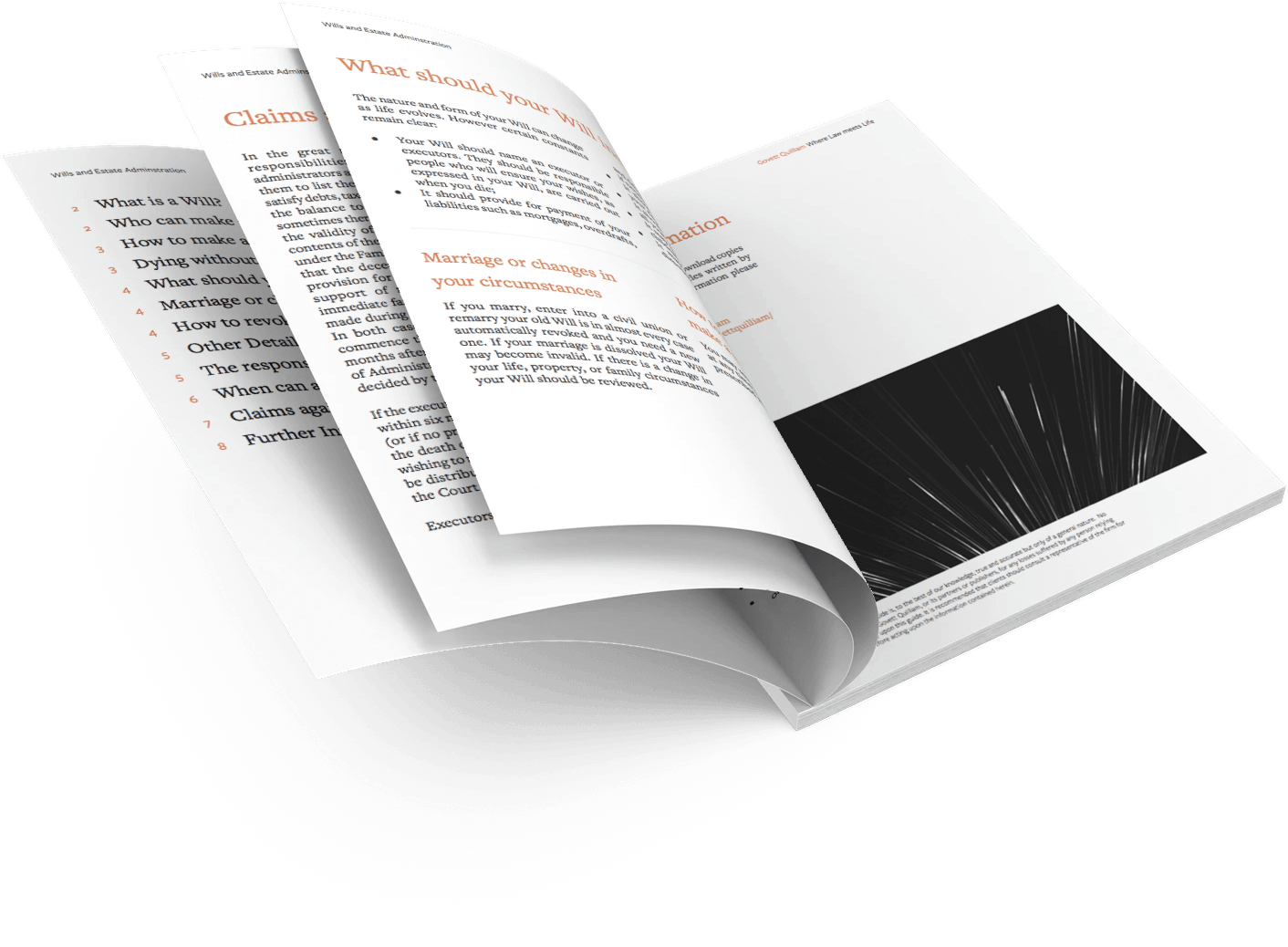Related Posts

High Court Decision Strengthens Caselaw Upholding Tikanga As Unique Source Of Law

What Are My Responsibilities As A Trustee Of A Māori Land Trust?

Tax Treatment Of Māori Authorities

Law changes for rates and Māori land

Peter Ellis appeal: treatment of tikanga Māori within our legal system

Proposed tax law changes may increase tax rates for trustees
In May this year the Labour Government announced the 2023 Budget. This included a proposal to change the tax laws through the Taxation (Annual Rates for 2023-24 Multinational Tax & Remedial Matters Bill (Bill) which would result in a change of tax rates for trustees from 33% to 39% from 1 April 2024.
Arguably this was no surprise with a number of developments in recent years leading up to this announcement indicating this change was on the horizon.
Why are trustee tax rates increasing?
In 2020 a law change gave the IRD new powers to require high-wealth individuals to provide earnings data. This was part of a project where the IRD wanted to assess how much tax is paid by high-net-worth families in New Zealand. Similar research projects have been undertaken in recent times in other countries. One area of focus in these projects was the question of whether top income or wealthy households disproportionately earn the types of income that are subject to lighter taxation in tax systems. The information gathered by the IRD culminated in a report released in April 2023 called ‘High-Wealth Individuals Research Project’ (Report). The IRD has stated that the findings of the research in the Report will help assess the progressivity and efficiency of the NZ tax system.
A key finding in the Report was 67% of the economic income from the high-wealth families was derived from Trusts. This must have put the 33% tax rate for trustees firmly in the spotlight for review.
Furthermore, we have the backdrop of tax law changes introduced in 2021 which required significant disclosure of information for Trusts when filing annual returns. The top personal tax rate also increased in 2021 to 39%. The IRD has reported a trend that has seen an increasing use of the trustee tax rate.
How are tax rates changing?
If the Bill is enacted in its current form, then the increase in tax rate for trustees will be effective from 1 April 2024.
To mitigate negative implications to this increase, the Bill does address some exceptions which include:
- Income derived by Trusts settled for disabled persons will be taxed at the disabled person’s tax rate rather than the trustee’s tax rate (but there are strict requirements about what constitutes a Trust settled for a disabled person)
- Income derived by deceased estates can be taxed at the deceased’s tax rate for 12 months following the deceased person’s date of death.
The IRD does acknowledge in the commentary to the Bill that there may be cases of over-taxation when the beneficiaries of a Trust have a personal tax rate of less than 39% and there may be options for trustees to address this by allocating income to beneficiaries. However, these allocations should be genuine in nature and obtaining tax advice is always prudent, especially once any changes to the law have been introduced.
Another feature of the Bill is an anti-avoidance rule which prevents Trusts from trying to ‘work around’ the 39% trustee tax rate by sheltering income as distributions of beneficiary income to closely held corporate beneficiaries.
When will trustee tax rates increase?
The Bill has passed the first reading in Parliament and is now in the Select Committee stage. This stage involves the Finance & Expenditure Committee considering the Bill, and submissions were called for by 14 July 2023. The Select Committee will now review these submissions and prepare a report for Parliament to consider. This report may include some recommendations for amendments to the Bill. Currently, the New Zealand Parliament website notes that the report is due on 18 November 2023.
If the full process is followed, then the Bill will not be enacted before the election in October. The new government (whoever that may be) will need to then decide to complete the process or not.
At the time of writing, the National Party has not made any formal statements as to the position on the Bill. The absence of any formal statements may suggest that there is no opposition to the change in tax rate, but only time will tell.
If you have any questions or concerns regarding Trusts, please contact our Personal Planning Team.
Author: Catherine Grogan

.png)

